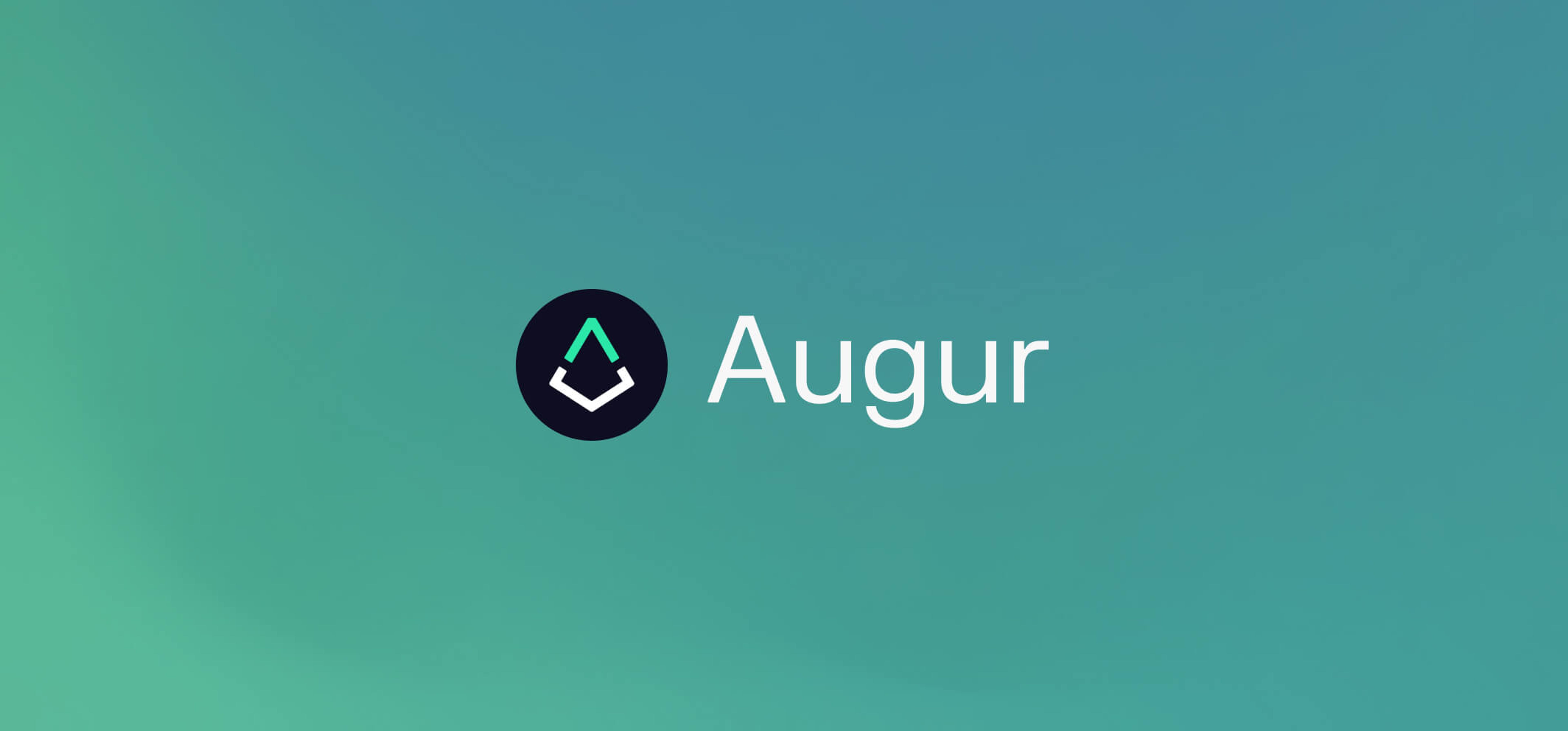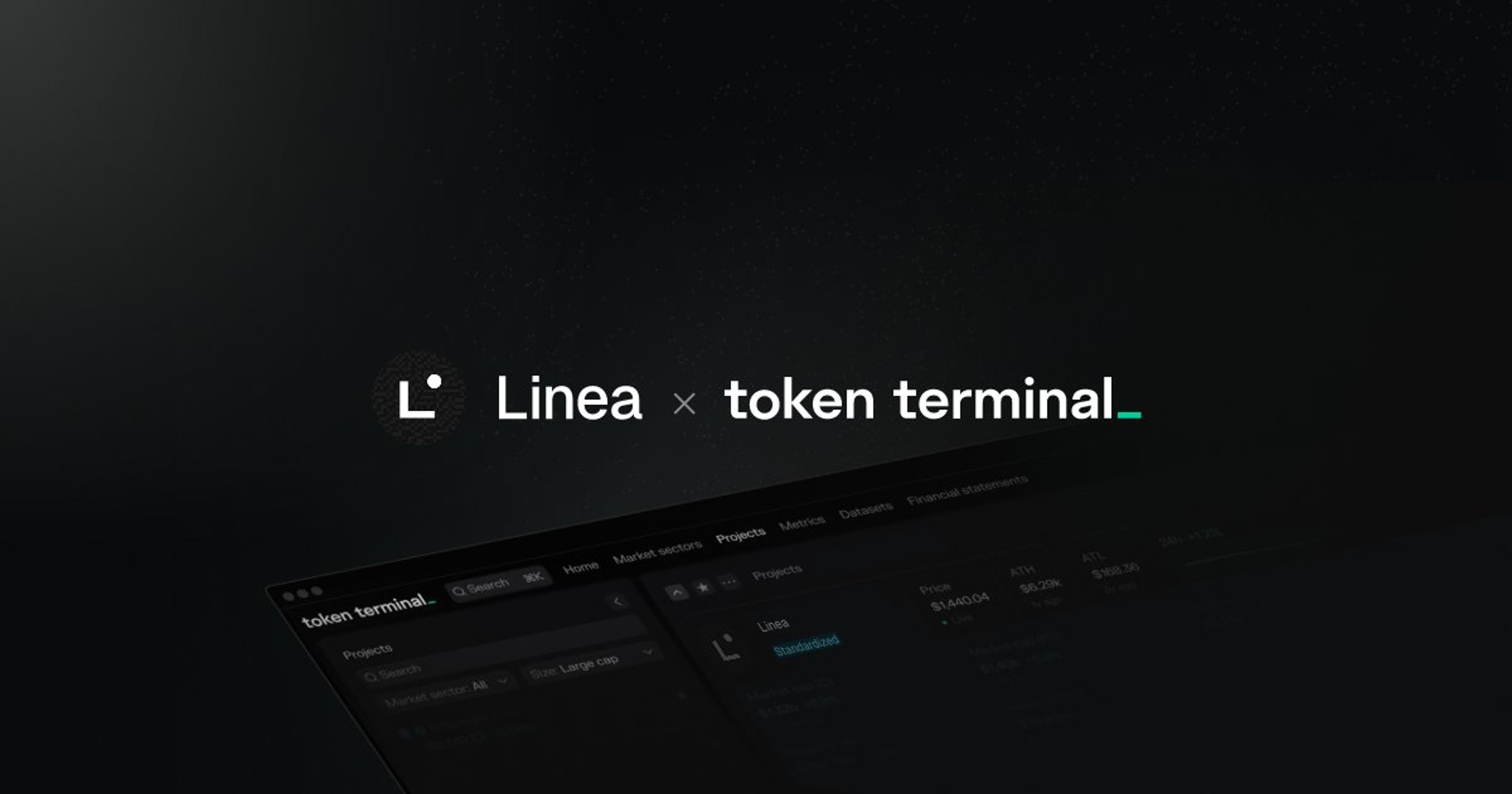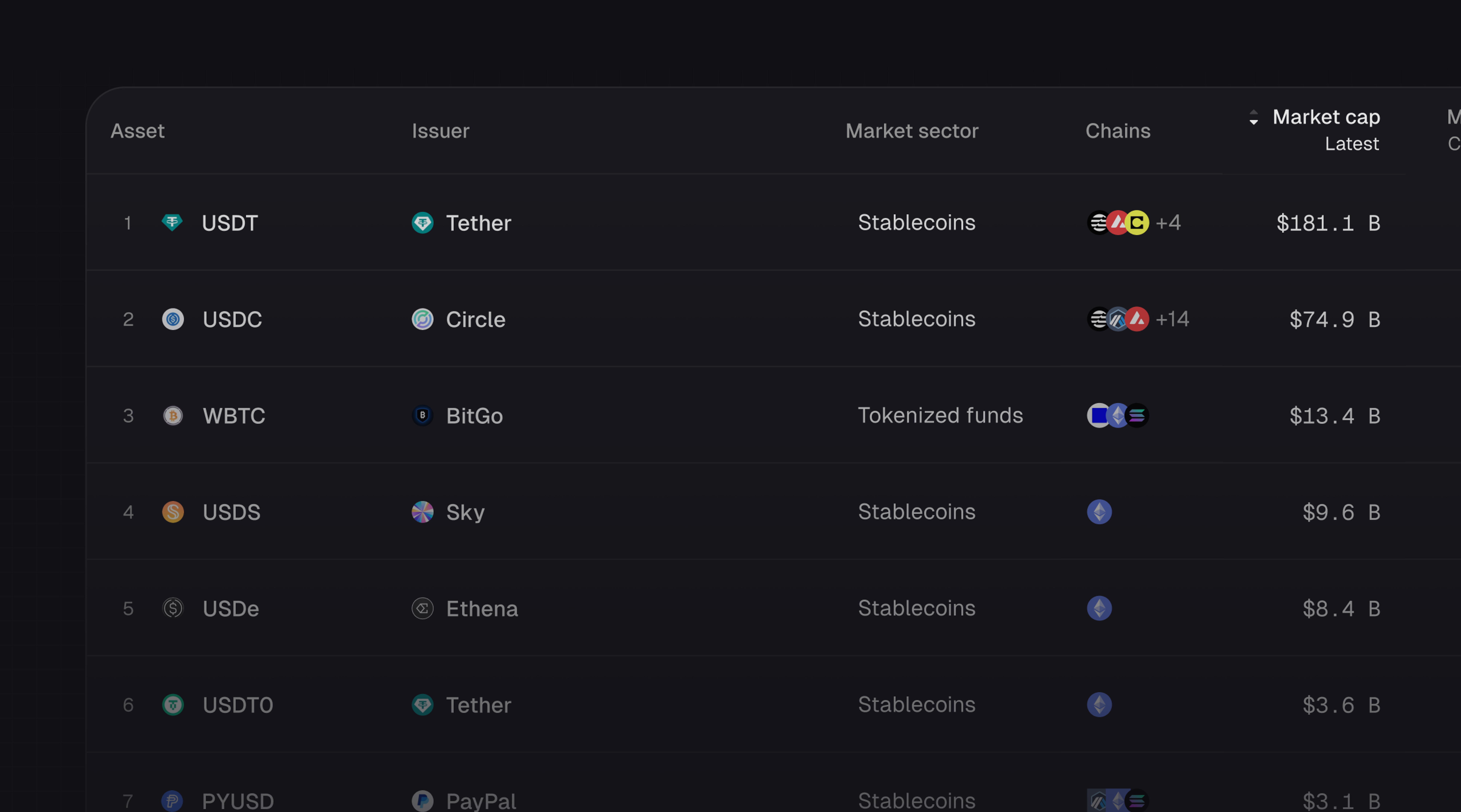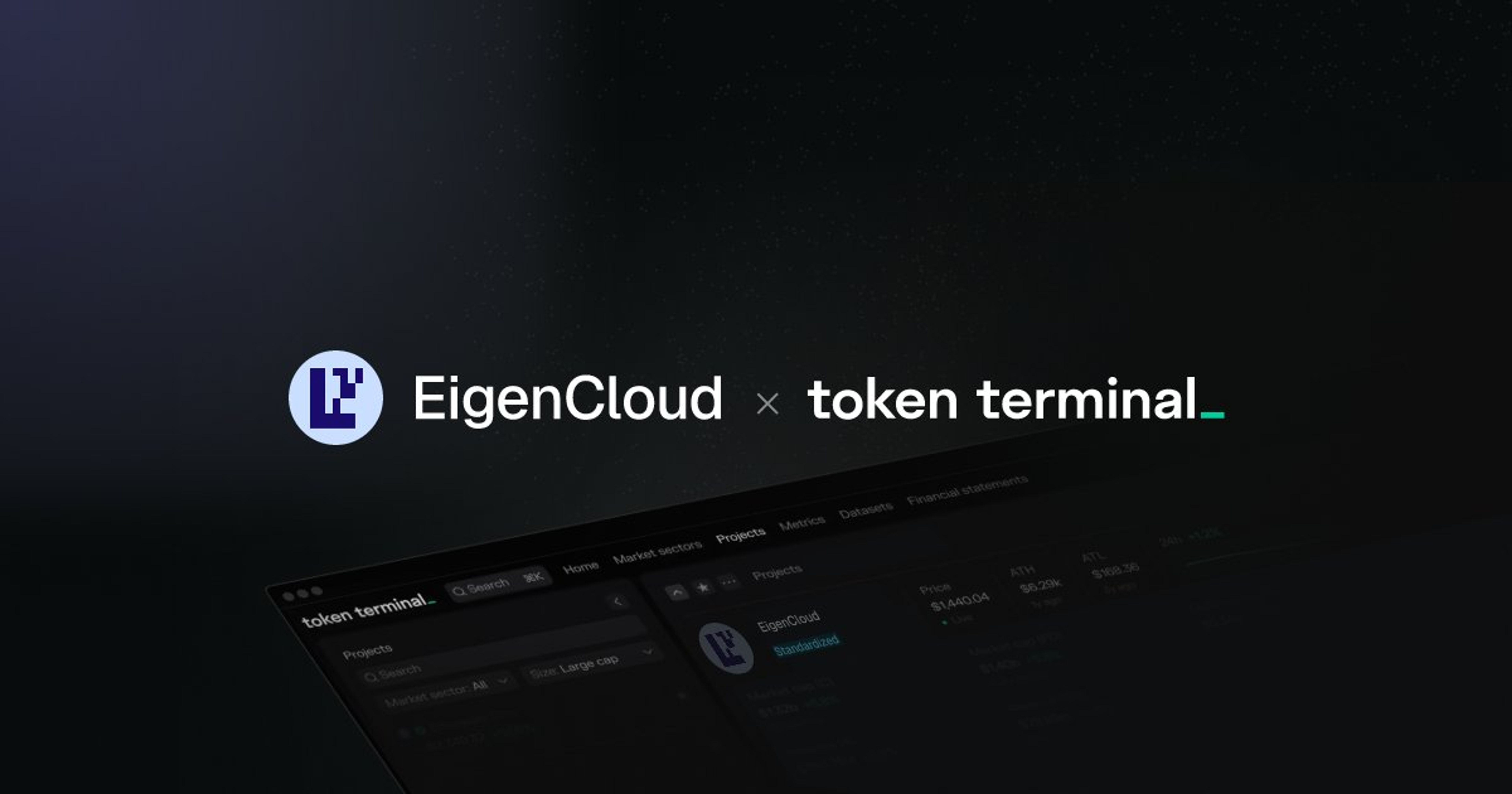Interview
In this blog series, we interview founders from the crypto space to learn more about them and the products they’re building. For our most…

In this blog series, we interview founders from the crypto space to learn more about them and the products they’re building. For our most recent interview, we sat down with Joey Krug, the co-founder of Augur and co-CIO at Pantera Capital. Augur is a prediction market platform that enables users to create markets on any event.
In this interview, we go through topics ranging from the team’s current product focus to future plans.
What is Augur?
Augur is the world’s first no limit betting platform. It lets people bet on real world events, anything from sporting events all the way to when the next Tesla Roadster will launch.
Who is the team behind Augur?
It’s a group of about 10–15 developers who work on the protocol, and a community of a few thousand people who all collectively contribute to what Augur is.
What made you decide to pursue a role at Pantera Capital alongside building Augur?
A lot needs to get built for decentralized finance to take off and work, and I’ve seen a lot of these problems while contributing to Augur, so investing is exciting as it’s a way to fund, help, and also learn from the best entrepreneurs in the space.
What are some less-known use cases for prediction markets that you are excited about?
I’ve seen some people discuss using them for predicting fashion trends, not that practically interesting to me but I’d be curious to see if markets actually can or not. I’m actually excited for markets on scientific subjects, e.g. whether a vaccine will be approved by a certain date, whether a bug will be found in a certain piece of software, that sort of things.
What are the pros and cons of building financial infrastructure out in the open?
The pros are that it’s permissionless, open, global, and has no middleman charging high fees. But the cons are that it can’t easily be modified after it has been released. Also, since blockchains today don’t scale that well, things get a bit slower than they otherwise could be.
What are the 3 most important changes in Augur v2? What’s the focus for Augur v3?
- Dai stablecoin support.
- 0x support which enables free order placements.
- The average market should resolve in closer to 36 hours than a couple of weeks.
V3 is all about solving the challenges with scalability, as well as making Augur even easier to use. V2 is a 10x better experience than V1, V3 will be a 10x better experience than V2.
Do you see Augur becoming a fully on-chain governed protocol at some point?
I’m not sure, it really depends on the direction the community wants to take it. So far people favor opt-in updates Bitcoin style vs. ones that force everyone to use the new version (which is what on-chain governance does).
What is the path to Wall Street firms building UIs on top of Augur?
It’ll be 10 years before that happens in my view. They’ll want to see that it’s been proven to be secure and that it actually works. We’re still in the pre-Netscape era for all this stuff, hopefully V2 will be at least as easy to use as that was, and V3 should be as easy to use as, say, eBay was in the early days (getting easier and easier as fiat on-ramps improve).
If you would get to fix one thing in the blockchain ecosystem, what would it be?
Fast, cheap, fiat on ramps don’t exist. If I could fix anything right away it’d be that. It’s an extremely hard problem and I hope someone solves it because it’s needed for crypto to go mainstream.
How will the world be different once Augur and crypto have won?
Well, to me the whole idea behind them is fair markets. Markets that don’t cut you off or start charging super high fees if you start winning, and where everyone plays by the same rules. In the beginning, that’ll just mean a lot of benefits for people who like betting, but in the long run you could imagine markets on a lot of things. Imagine, in the very long term, asking Siri what the likelihood is that whatever the news is talking about actually happens, that’d be pretty cool, even if you don’t use stuff like Augur.
You can find more information about Augur on the project’s website, Twitter, Medium, Discord, and Github accounts.
The authors of this content, or members, affiliates, or stakeholders of Token Terminal may be participating or are invested in protocols or tokens mentioned herein. The foregoing statement acts as a disclosure of potential conflicts of interest and is not a recommendation to purchase or invest in any token or participate in any protocol. Token Terminal does not recommend any particular course of action in relation to any token or protocol. The content herein is meant purely for educational and informational purposes only, and should not be relied upon as financial, investment, legal, tax or any other professional or other advice. None of the content and information herein is presented to induce or to attempt to induce any reader or other person to buy, sell or hold any token or participate in any protocol or enter into, or offer to enter into, any agreement for or with a view to buying or selling any token or participating in any protocol. Statements made herein (including statements of opinion, if any) are wholly generic and not tailored to take into account the personal needs and unique circumstances of any reader or any other person. Readers are strongly urged to exercise caution and have regard to their own personal needs and circumstances before making any decision to buy or sell any token or participate in any protocol. Observations and views expressed herein may be changed by Token Terminal at any time without notice. Token Terminal accepts no liability whatsoever for any losses or liabilities arising from the use of or reliance on any of this content.
Stay in the loop
Join our mailing list to get the latest insights!
Continue reading

Customer stories: Token Terminal’s Data Partnership with Linea
Through its partnership with Token Terminal, Linea turns transparency into a competitive advantage and continues to build trust with its growing community.

Introducing Tokenized Assets
Token Terminal is expanding its standardized onchain analytics to cover the rapidly growing category of tokenized real-world assets (RWAs) – starting with stablecoins, tokenized funds, and tokenized stocks.

Customer stories: Token Terminal’s Data Partnership with EigenCloud
Through its partnership with Token Terminal, EigenCloud turns transparency into a competitive advantage and continues to build trust with its growing community.